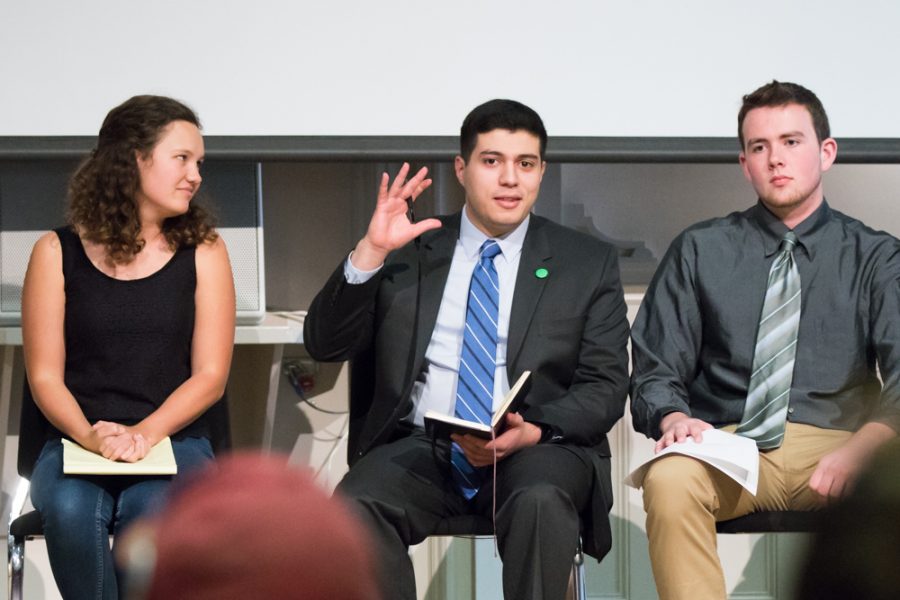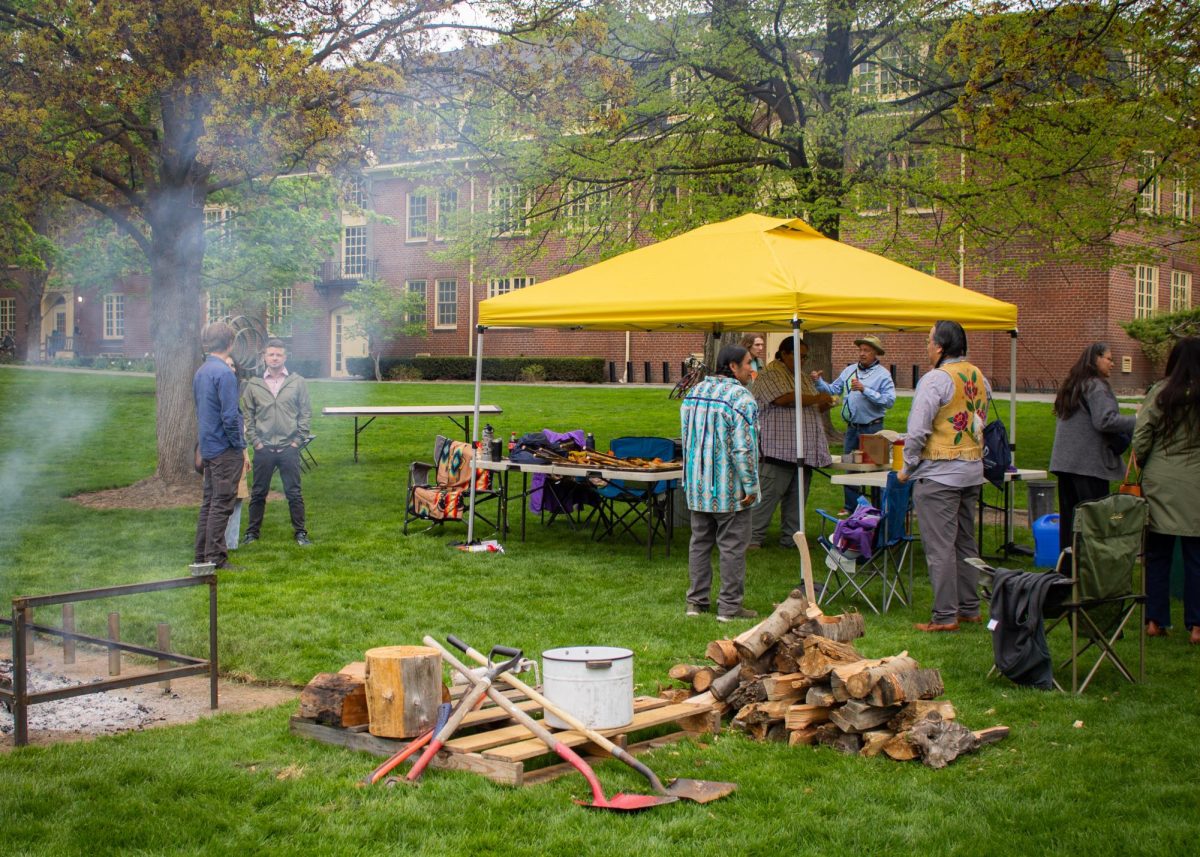Whitman College released its 2010 Annual Security Report, including crime statistics for the calendar year of 2009, last Friday, Oct. 1. The college discloses the statistics annually in accordance with the federal Clery Act.
Most notably, between 2008 and 2009, reported sex offenses on-campus and in students’ off-campus houses fell from 18 to eight. Reported incidences of aggravated assault fell from two to zero. Meanwhile, reported burglaries rose from two to seven, robberies rose from zero to two and drug violation referrals rose from seven to 30.
Campus security believes that the changes in crime levels are part of waves in activity.
“There’ll be years where you have a higher rate of incident in one area and lower in another,” said Craig McKinnon, associate director of security. “If we see a higher rate of assaults or higher rate of crimes, it’s usually crime-type people living near the campus, and it’s easy access to the campus. And if they do it enough, we end up catching them, and that stops it.”
For instance, there was a rash of laptop thefts in Penrose Library and Reid Campus Center last year. Once the perpetrator was caught and arrested, the laptop thefts stopped, according to McKinnon.
Gary Bainter, a captain from the Operations Division of the Walla Walla Police Department, said the down economy likely played a role in the increase in burglaries.
“As the economy becomes worse, crime increases,” he wrote in an e-mail.
McKinnon attributed the increase in drug referrals to increased patrols and more laid-back student attitudes.
“My experience has been that there’s more of a lax feeling seen by students about use of, in particular, marijuana,” he said. “There’s a sense that they’re really comfortable sitting on the campus and smoking. We’ve got full-time staffing and some overlapping with our staffing at night [so] we’re going to encounter more of these situations.”
Senior John Loranger, ASWC vice president and student affairs chair, believes that that may be part of the reason for the increase, but also wonders if security changed its methodology for referrals.
“I don’t think all of a sudden everyone decided ‘I’m going to smoke pot outside,'” he said. “But I think more people are and, at the same time, it looks like there has been a change in policy in referring a lot more of these incidents.”
Meanwhile, Associate Dean of Students and Sexual Misconduct Prevention Coordinator Barbara Maxwell says she believes that the Green Dot program, launched in 2009, reduced incidence of sexual offenses. Green Dot focuses on small behaviors that individuals can make to prevent others from becoming victims of sex offenses and other violent crimes.
“Green Dot played a role in [the decrease in reported sexual offenses], so it could be very, very true that we had fewer incidents on campus, so we had fewer incidents to report,” she said. “But it could also be that the people involved in those incidents did not feel comfortable reporting it; they may not have even told anyone else about it yet.”
Statistics in the security report only include reported incidences of crimes. Incidences are only counted for the year they are reported; the 2008 numbers include sex offenses from previous years that were reported in 2008, while the 2009 numbers do not, meaning that the decrease is not as dramatic as it sounds.
In response to student feedback about crime and perceptions of safety, Whitman added an additional security officer position over the summer. The new position increases the period of time when two security officers overlap.
“Maybe . . . when we see the stats for next year, we’ll see a higher increase [in reported crime] because we had so much overlapping,” McKinnon said.
Likewise, increased awareness and reporting may explain why reported numbers of sexual offenses are higher at Whitman than at many similarly sized schools; Reed College and Grinnell College, for instance, both had three reported sexual offenses during 2009.
“In an ideal world you’re comparing apples to apples, but you’re not,” said Maxwell, noting that Whitman places sexual misconduct report forms all around campus and online and provides ways for survivors to seek help without having to report the crime to campus security or the police.
To reduce levels of crime and sexual misconduct, ASWC and other entities are encouraging students to educate themselves and be proactive. ASWC offered an Off-Campus Housing Orientation for the first time last month to provide students with information about how to keep their residences safe and about their security rights as tenants.
“Not a ton of people came, but the people that did come thought it was very helpful and the information was super useful,” said Loranger. “We’re looking for how to get that information to students in a more palatable way.”
ASWC also hopes to organize a get-to-know your security officers event in the near future to further facilitate the student-security relationship.
While familiarizing students with security is important, so is common sense, according to Loranger.
“Lock your doors, don’t leave your laptop out in the library . . . lock your bike,” he said. “It is a pretty safe campus and people feel that way 99.9 percent of the time, but that doesn’t mean that you shouldn’t be diligent.”
To prevent crime, McKinnon hopes that students will trust their gut when it comes to suspicious activity.
“I would rather have somebody call and it not be something than them not call and it be something,” he said. “Call anytime you have a sense that something isn’t right. It doesn’t have to be obvious; it can feel wrong. We want to know about it.”
Meanwhile, Maxwell praised students for internalizing the Green Dot program and taking steps that are likely responsible for the decrease in sexual misconduct.
“If you walk somebody [drunk] home, you never know if you protect that person from something bad,” said Maxwell. “You never know if your action was something heroic or not. But the very fact that you cared enough to do something, that is heroic.”


















